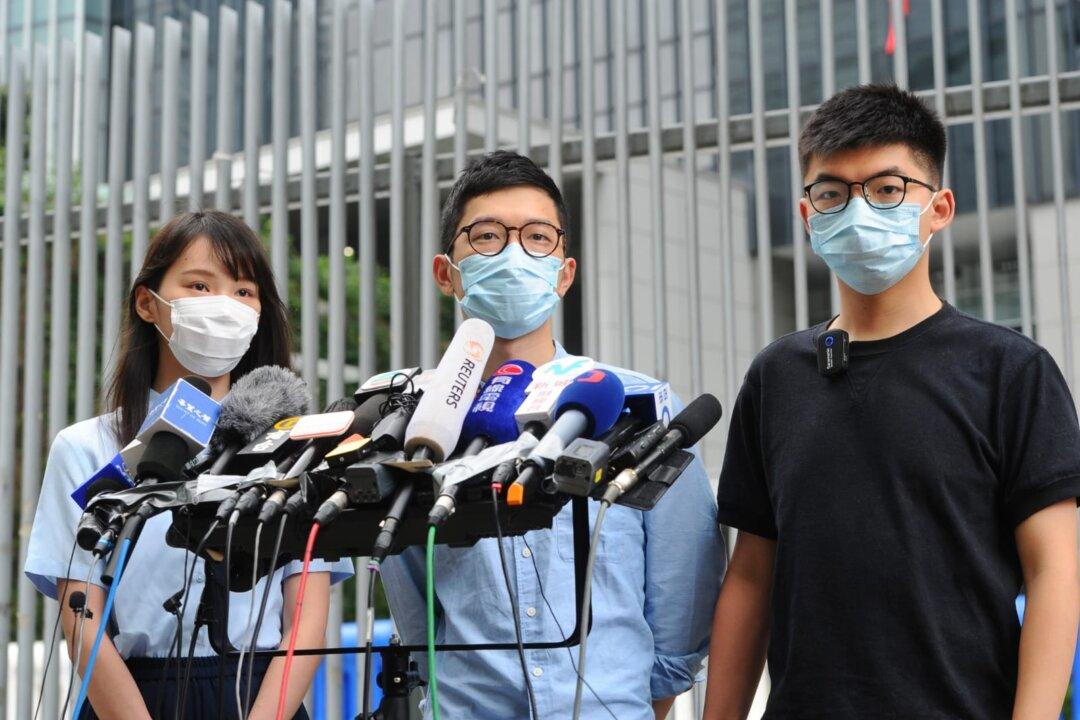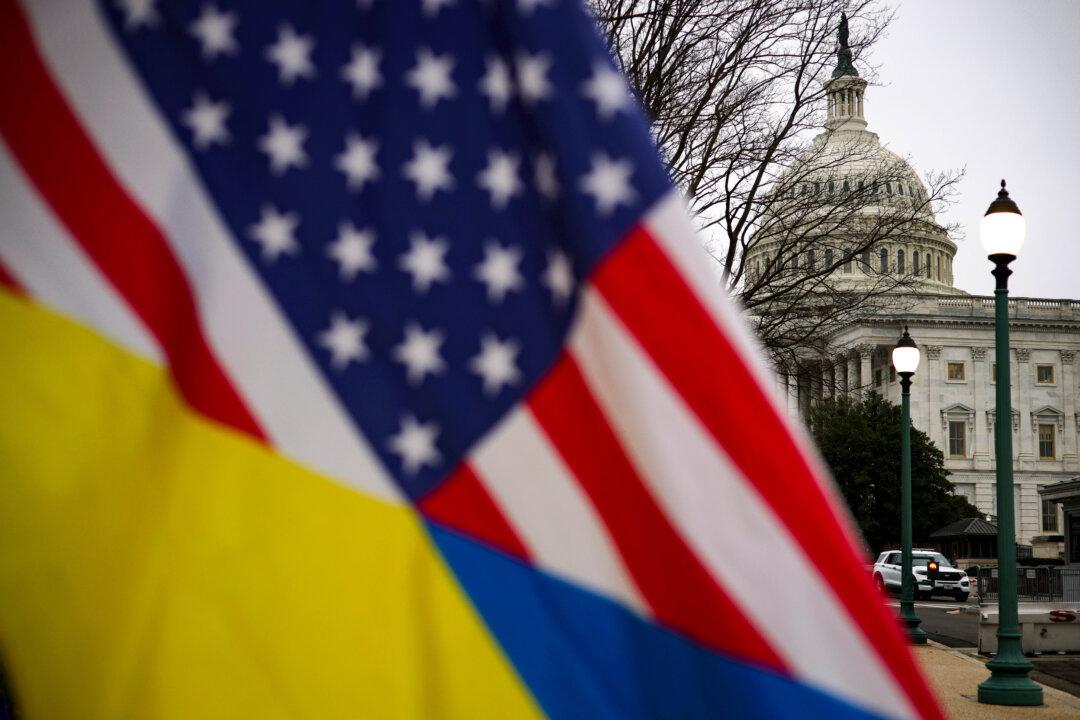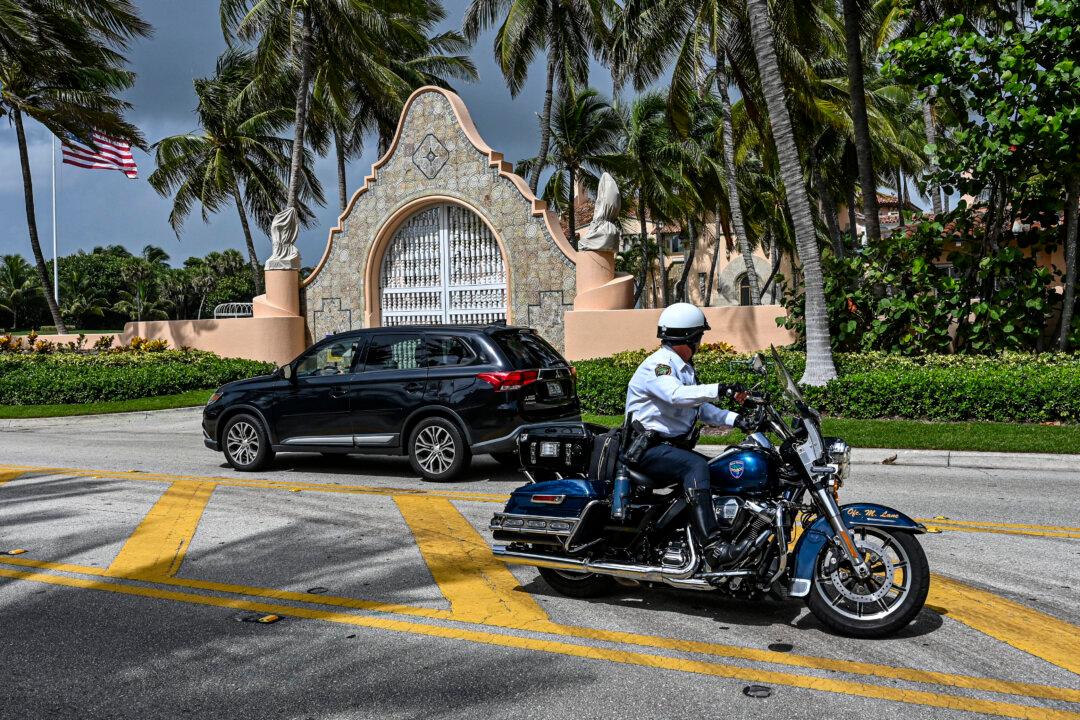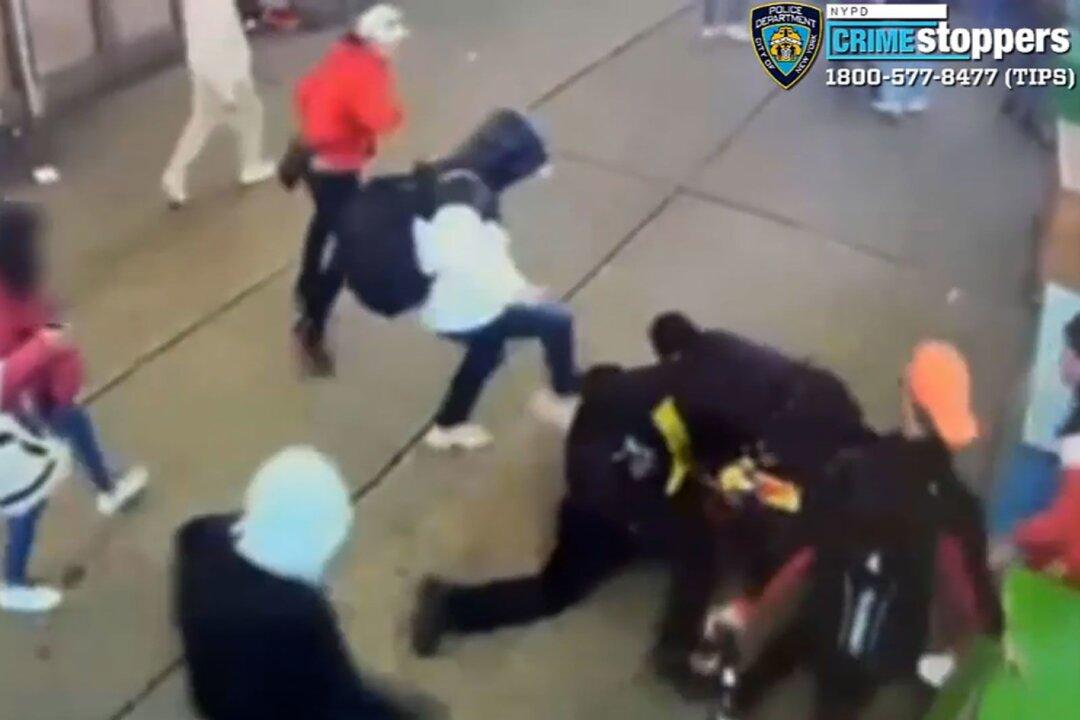Demosistō, a major pro-democracy group and political party in Hong Kong, announced on June 30 that it will be disbanded as core members are leaving the group.
Joshua Wong, a prominent Hong Kong activist and one of the founders of Demosistō, said in a statement earlier in the day that he will withdraw from the group and advocate for Hong Kong’s freedom individually amid an “uncertain future.”
Other core members of Demosistō including Nathan Law, Agnes Chow, and Jeffrey Ngo, also announced their withdrawal from the party on the same day.
Demosistō announced the disbanding afterward.
Beijing passed the national security law after two ceremonial votes on June 30 by the standing committee of China’s rubber-stamp legislature, the National People’s Congress (NPC). The new law will take effect immediately.
The Chinese regime formally began the process of drafting a national security law for Hong Kong on May 28, stating that it would criminalize those who engage in activities connected to “subversion, secession, terrorism, and foreign interference” against the Chinese Communist Party (CCP).
As one of the most globally recognized faces in Hong Kong’s democracy movement, Wong, 23, began his activism during secondary school when he led a hunger strike against Beijing’s proposal to implement a national education system in the city. The proposal was eventually scrapped.
He later became one of the key student leaders in the 2014 pro-democracy Umbrella Movement that called for universal suffrage in city elections. The city’s top leader is currently voted in via an electoral committee comprised mostly of pro-Beijing elites.
Wong said that he will continue to defend the freedoms of Hong Kong until the Chinese Communist Party (CCP) “eliminates us from this land.”
Days before the law’s formal passage, Wong said he believed he would be a “prime target” upon Beijing’s implementation of the national security legislation. Local protesters and international critics say that the proposal will crush the city’s freedoms and autonomy that were guaranteed upon the city’s transfer of sovereignty from Britain to China.
“I will probably be the prime target of the new law. But what makes me fear is not my potential imprisonment, but the gloomy fact that the new law will be a threat over the city’s future and not just my personal life,” Wong told Reuters on June 26.
Wong expressed concerns for his safety in the June 30 statement.
“If my voice will not be heard soon, I hope that the international community will continue to speak up for Hong Kong and step up concrete efforts to defend our last bit of freedom,” he wrote.
Several local activists and politicians are calling on people to take to the streets on Wednesday to protest against Beijing’s national security law despite a police ban on the gathering.
They announced that they will organize a march on July 1, the 23rd anniversary of Hong Kong’s handover, during a press conference on Tuesday noon joined by Figo Chan, vice convenor of local pro-democracy group Civil Human Rights Front (CHRF); Wu Chai-wai, chairman of Hong Kong’s Democratic Party; district councilors Tsang Kin-shing and Andy Chui; and lawmaker Eddie Chu.





